A reminder of how unfair and inaccurate employment drug testing actually is
The drugs that are the most dangerous, including methamphetamine and heroin, are water-soluble drugs that leave the human body relatively quickly. Simply put, unless somebody literally just did one of these drugs within hours before a test, they stand a very good job of passing the test. Inaccurate cannabis drug testing undoubtedly keeps a significant…

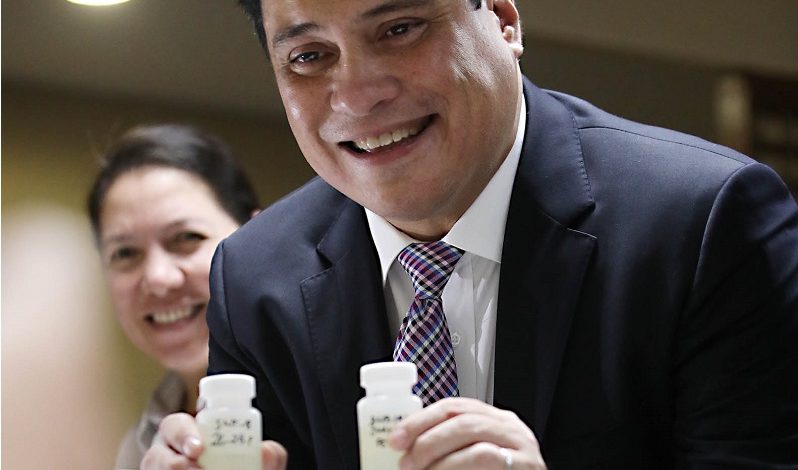
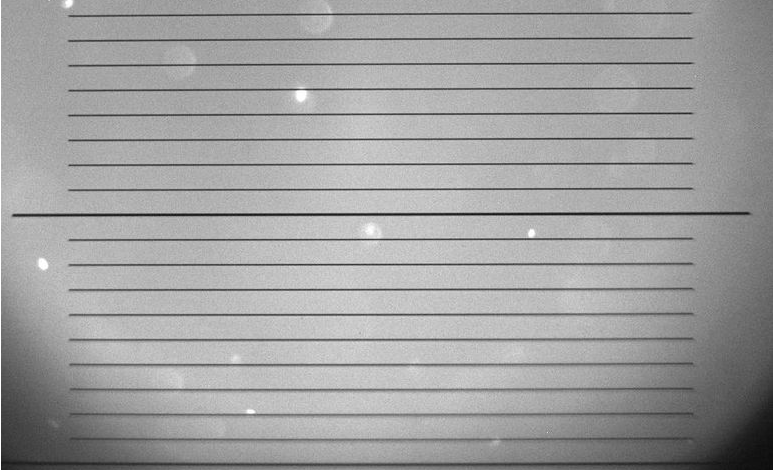
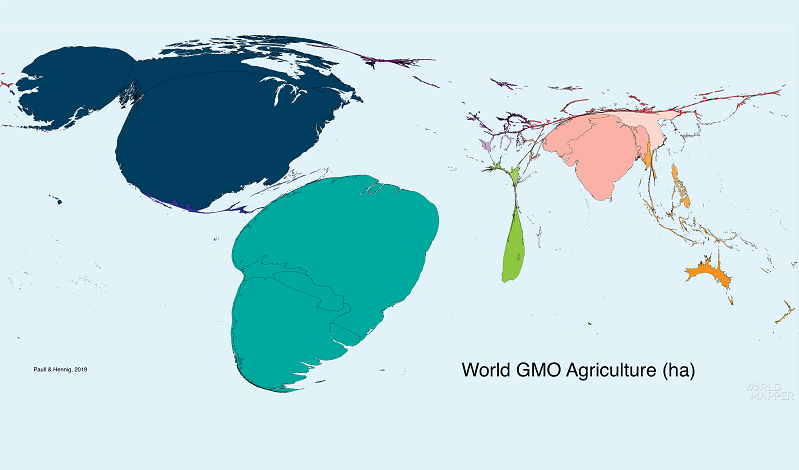
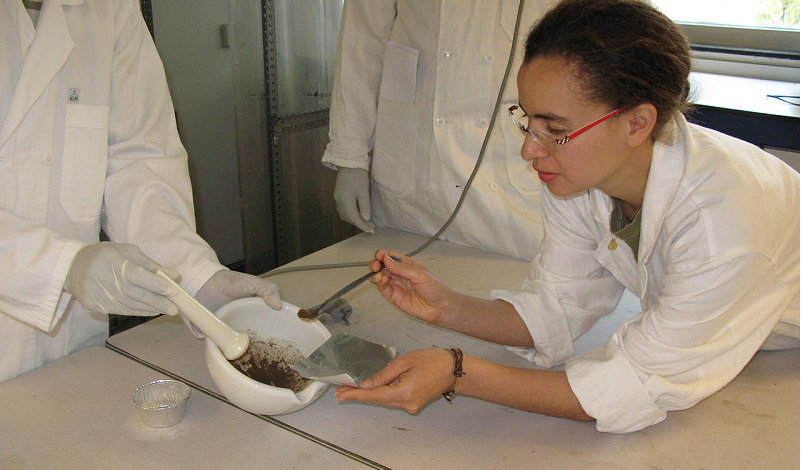
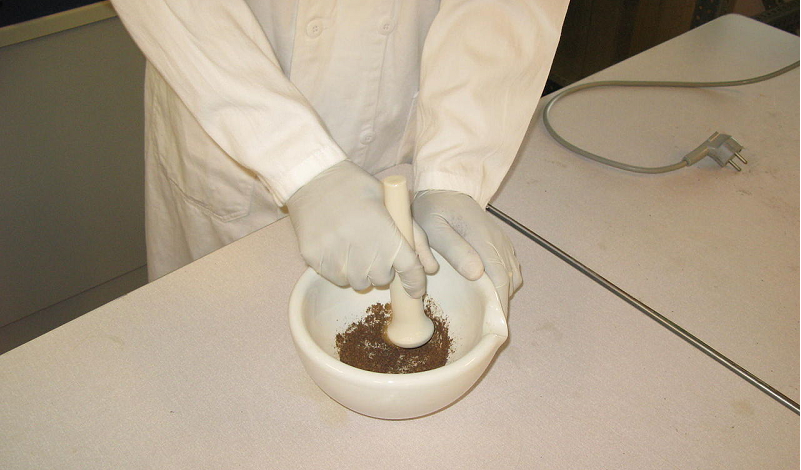
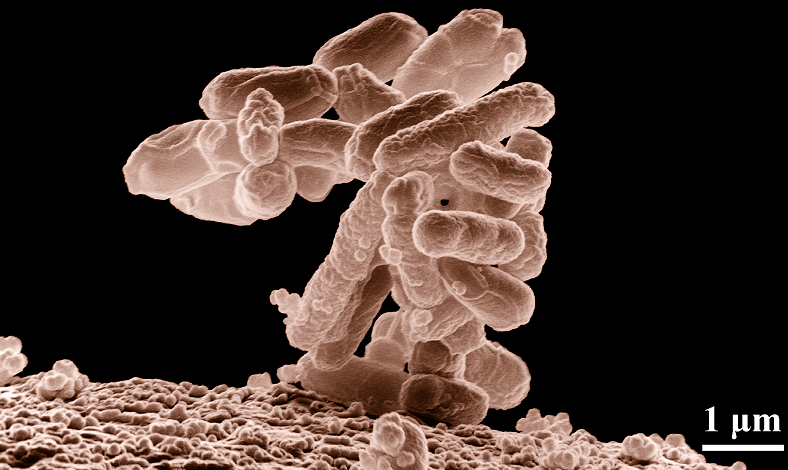

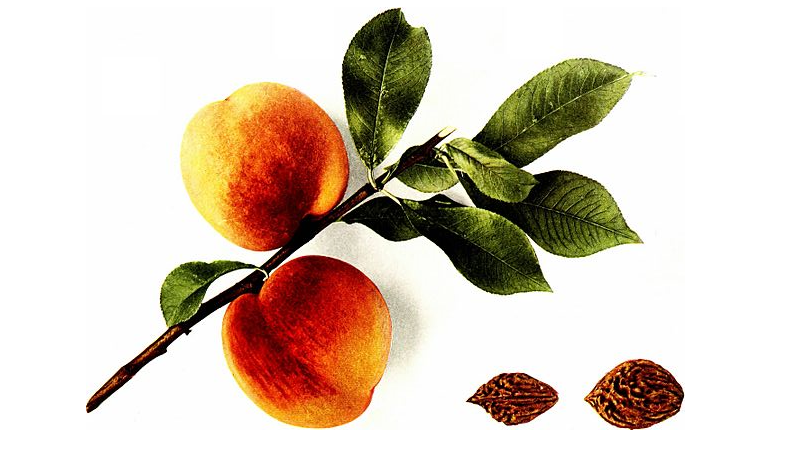
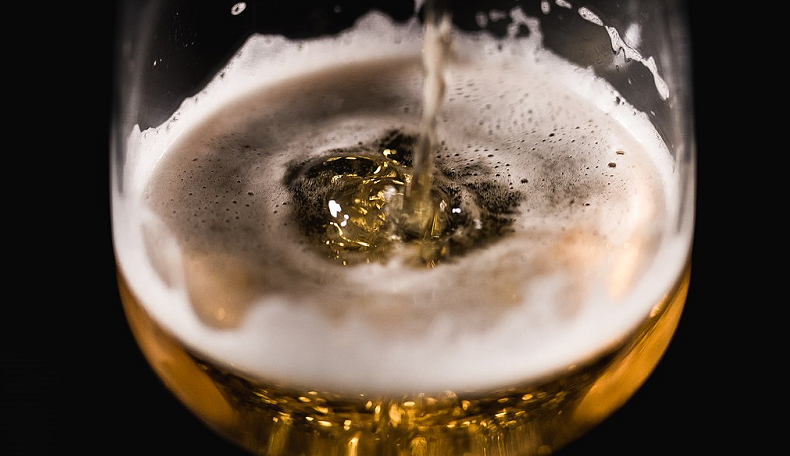
Recent Comments